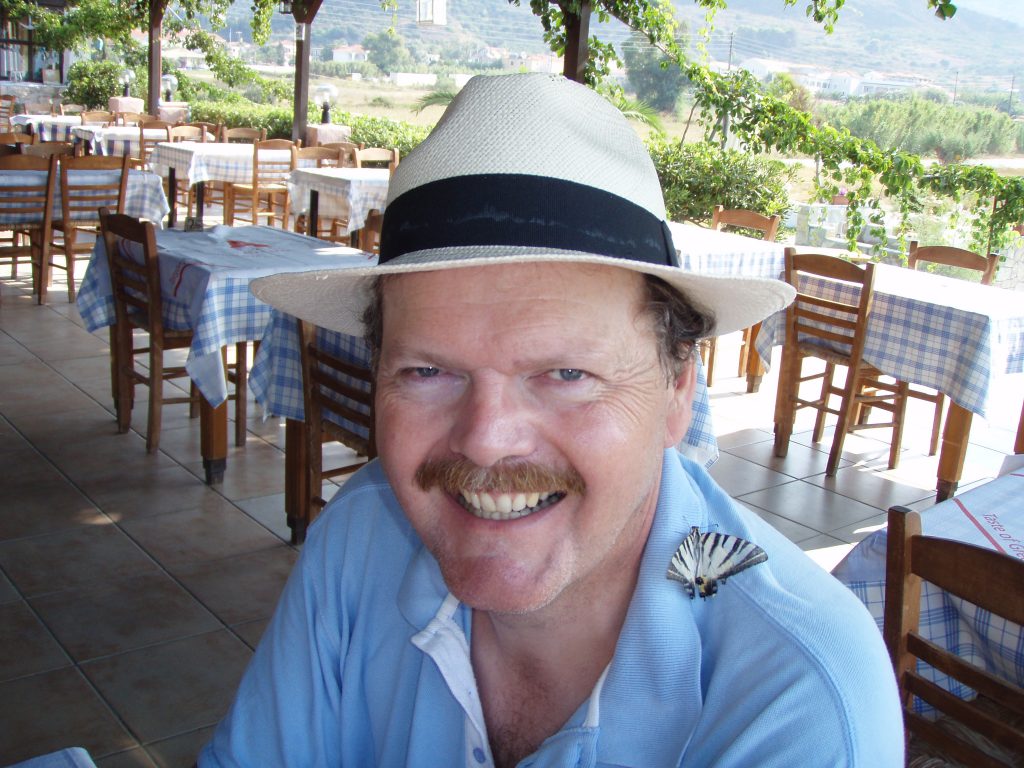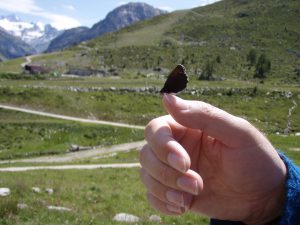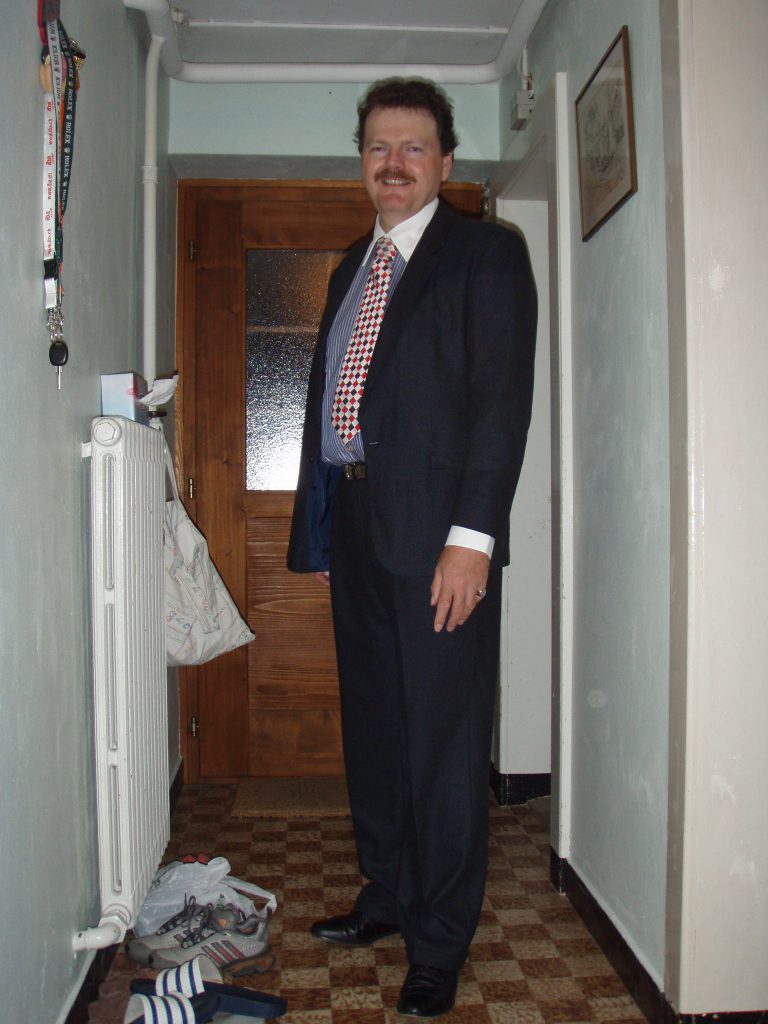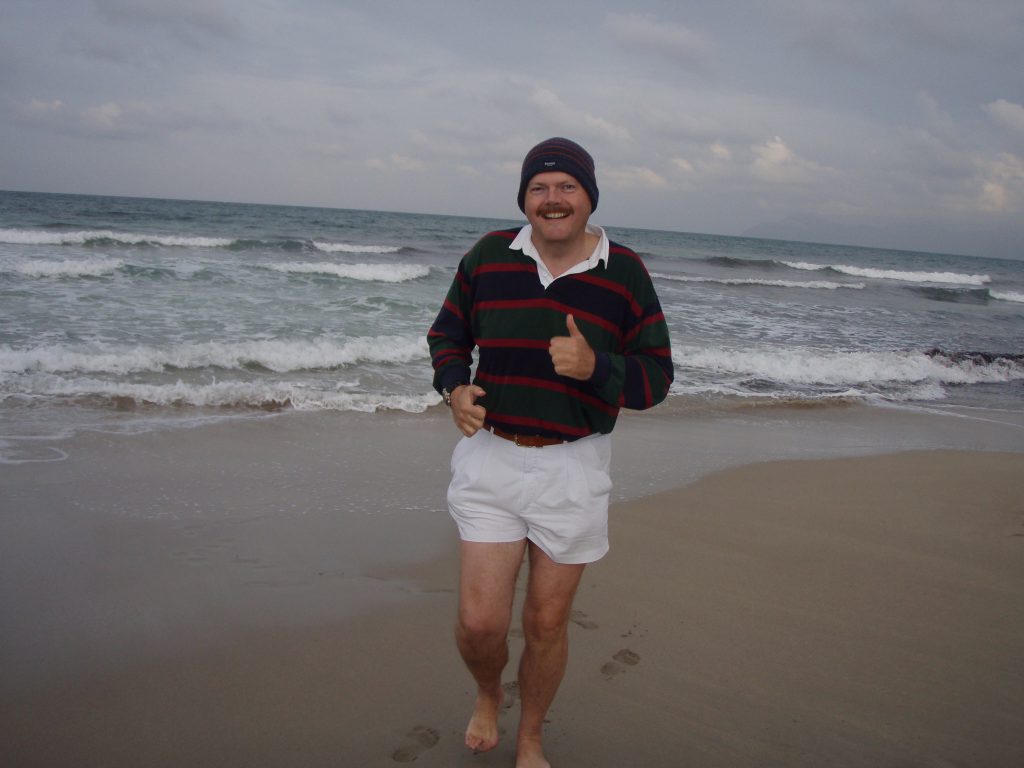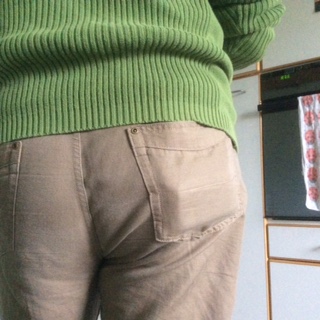How often have you heard that?
In films, on TV, perhaps from your boss or colleagues or even from your own family.
Thought provoking stuff, huh?
Well, I’m here to tell you that’s it’s absolute bullshit.
Time is infinitely more precious than money and no matter how much money we sell it for, it still isn’t enough because time is IRREPLACEABLE.
We live in a culture obsessed with money. How much do you have, how much does he have, what does she have that I don’t etc, etc, etc?
I would argue that the vast majority of people have got it completely wrong. They should be obsessing about time, not money.
We are born with two assets.
Our bodies and time.
But here’s the thing. We don’t even know how much time we have, which makes it even more precious.
Now many of the articles I write are about looking after our bodies, but truly assessing the importance of the time allotted to you on this earth is equally important. How can you put a monetary value on a commodity when you don’t even know how much of it you have?
The short answer is, you can’t. It’s PRICELESS.
And yet it’s my impression that for many people their time has no value at all. They are only concerned about money.
Now I can understand obsessing about money if you don’t have enough of it to fulfill your basic requirements, if you really don’t know where your next meal is coming from. Unfortunately, there are many people in the world for whom this is true. It’s a real battle for survival and they don’t have the luxury of being able to stand back and assess the worth of their time.
But how many of you reading this blog are really in that position?
I would go further.
I would suggest that if you even have the time to be reading this blog, then you are not in that position.
So how much is your time worth to you?
I want you to take a moment and try to come up with a figure per hour that you would be willing to sell your time for. It’s never going to be enough, of course, because no amount of money can compensate for that time. But hey, we all have to live, buy food if we don’t grow it ourselves, offer ourselves a roof over our heads, some luxuries, navigate in a very consumer orientated world.
But at what price are you comfortable with the idea of selling your time?
If you like, start with the hourly rate you get at work. But be careful. An extremely interesting exercise is to work out exactly what your hourly wage really is once you deduct all – and I mean ALL – the expenses involved in earning it. You’d be surprised how low it can be.
But that’s another article. I don’t want you to get too depressed after all!
For the moment, start with an hourly figure that you feel comfortable with and go with that.
You’ll probably start to think of all the situations when you gave up your time for much less than that.
DON’T.
The idea is not to depress yourself with all the time you’ve wasted, given away for free when you didn’t want to be involved in the first place, all the times that your time was, quite literally, stolen. Don’t beat yourself up about it. It happened, that’s life. The time has been spent and you can’t get it back. No use crying over spilt milk. Move on.
It’s the FUTURE we’re concerned about here. You want to learn from your mistakes and avoid doing the same thing in the future. That’s PROGRESS.
So the next time you think, oh, that’s a nice offer, and you start collecting cereal boxtops to offer yourself a personalized spoon that you don’t even need because you’ve got too many of them already, and for which you have to buy several boxes of cereal but pay money for it anyway, and when you look for the codes you have to send to get the spoon, you find that they are printed right on the inside of the box and that you literally have to cut the box up in order to get at them and then you find that you’ve cut off some figures and you’re not sure really what they are because the codes are so badly printed, and then when you finally get enough codes to send in, you find that the offer has expired ….
STOP and ask yourself, with your hourly wage figure in mind, is this a valid way to be spending my time? Is the return on my investment of time sensible?
And the answer may well come back, NO. So don’t even start down that road.
And then every time there’s a little niggling voice in your head suggesting that this or that might not be time well-spent, apply your hourly wage rule to whatever it may be and see if it makes sense.
There are many people who have made a fortune out of you because you think your time is worth NOTHING. Ingmar Kamprad of IKEA is one of them. The list of companies and people out there doing the same thing is endless.
If you think that it doesn’t matter how much time you spend on something as long as you are “saving money,” think again.
Have a little self-respect.
Are you really going to continue living your life as if your time is worth nothing? It’s an insult to yourself. At least start requiring yourself to measure up to that minimum hourly wage you thought up.
Just think of that next time. I guarantee that simply thinking of your time in these terms will help you to sort out what is worth doing and what is not. And who knows, it may help you to start spending more time with your family and/or doing things that you really enjoy.
And you can’t really put a price on that, can you?
As the late great Muhammad Ali wrote in a note to a neighbour from his childhood days:
“Enjoy life: it’s later than we think.”
Have a great week.
Love
Richard

